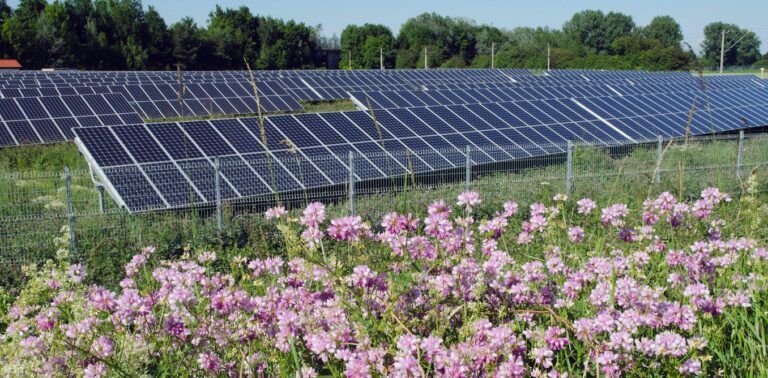Solar farms a ‘blight on the landscape’? Research shows they can benefit wildlife
Liz Truss, the new UK prime minister, isn’t a fan of solar farms. In 2014, when she was environment secretary, she described rows of panels arranged in a field to capture energy from the sun as a “blight on the landscape”. Eight years later, as a candidate for the 2022 Conservative Party leadership election, she…

